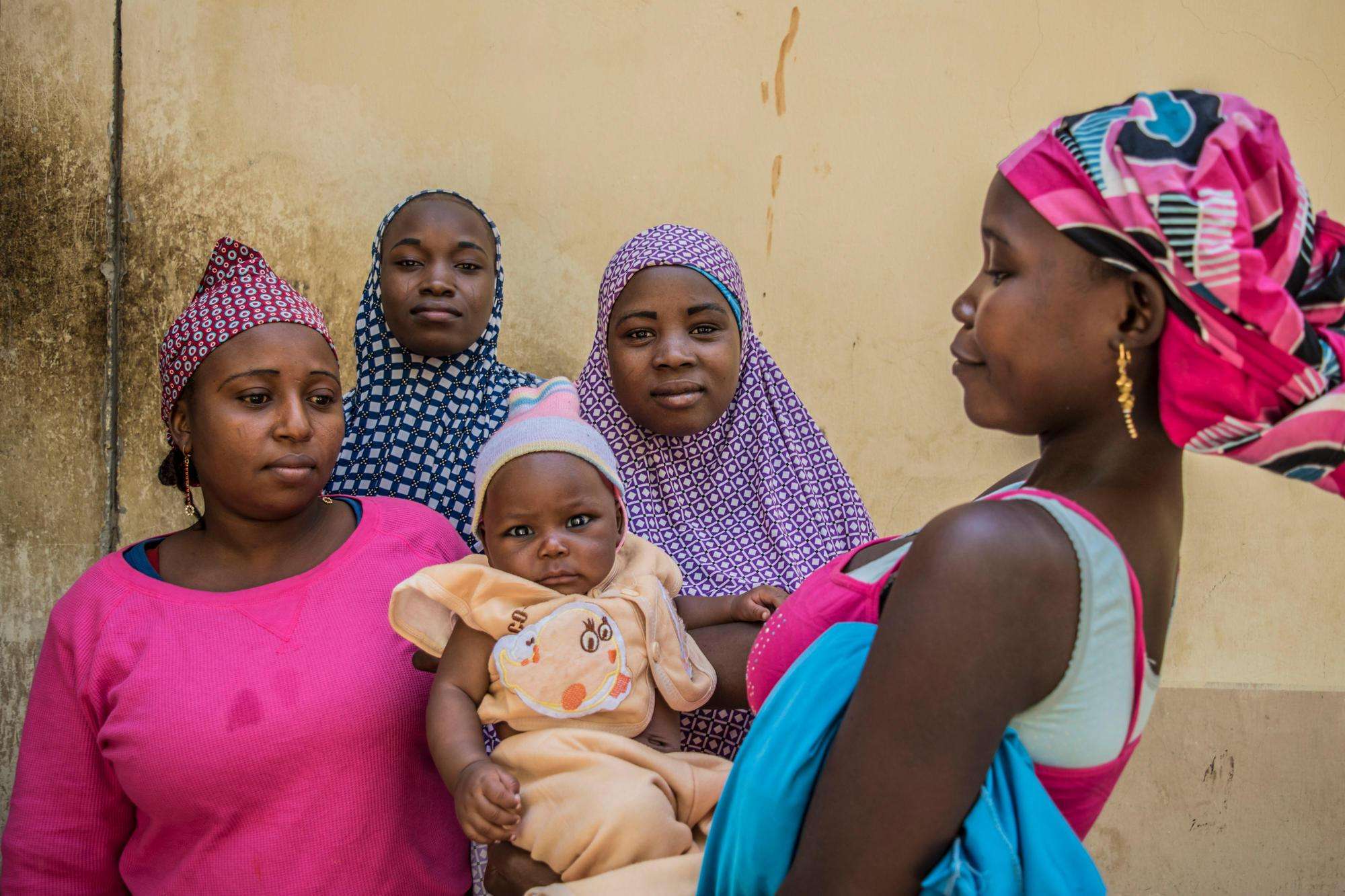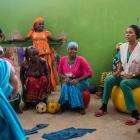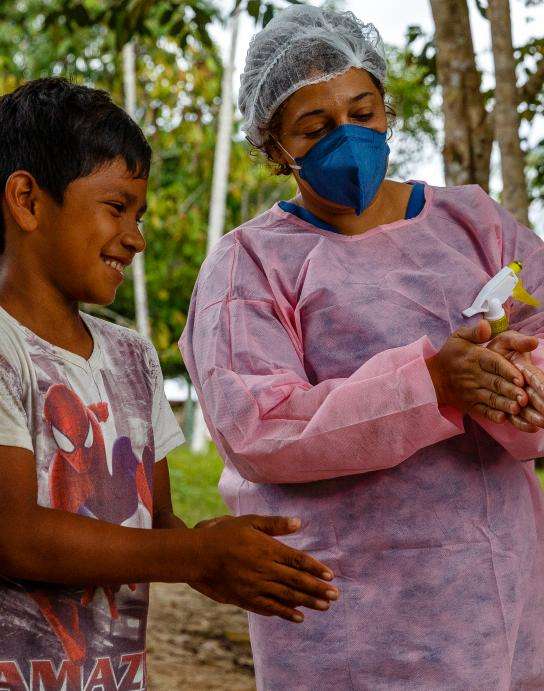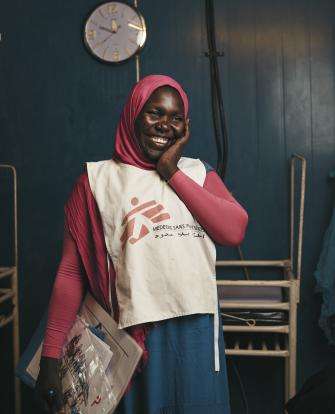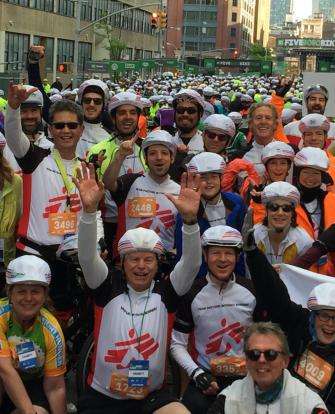Permanent centers
Today, MSF treats obstetric fistulas at a permanent center in Nigeria, which uses visiting surgeons to repair fistulas and provide post-operative care. After recovering, patients learn physical therapy exercises to strengthen their muscles and regain control over incontinence.
Fistula camps
In 2007, our teams began running periodic “fistula camps” to provide specialized fistula repair surgery in places with the greatest needs. The camps last around six weeks. The first phase is informing communities—especially women with fistulas—that the camp is happening and what it involves. For example, in Galkayo, a remote, undeveloped part of the long-troubled country, Somalia, we worked with community health educators and medical staff at small health centers to spread a very basic message: “if you leak urine, you can be cured; come to the MSF fistula camp.”
An advance team then sets up tents, typically with 40 to 80 beds, near a functioning hospital and hires staff. Next, a fistula surgeon arrives and spends the next few weeks operating on several women each day. Once recovered, these women are led through exercises designed to help them regain control over pelvic muscles that had been rendered all but useless by the fistula.
More recently we have conducted camps in Central African Republic, Democratic Republic of Congo, and South Sudan.
Training
We also conduct training for both midwives and local surgeons. Training local midwives is vital because they can identify when a mother is having difficulty giving birth and can arrange help before it is too late. For surgeons, although the operation does not require sophisticated equipment, it is technically difficult to carry out and takes some time to master.
Psychological and psychosocial care
Fistula sufferers often face severe stigma and even exclusion from work and/or community life. Our teams, therefore, provide psychological and psychosocial care aimed at helping patients see they are not alone, encouraging them to bond with one another and find the courage to heal, and then to re-enter the society that had shunned them.
